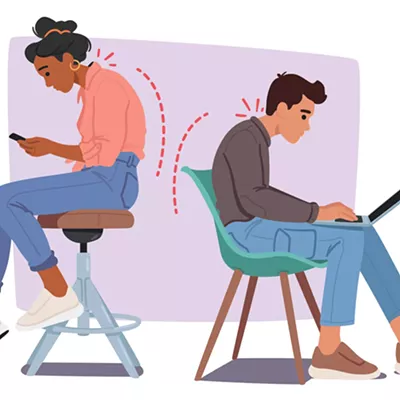"I haven't had a COVID-19 vaccine yet. Since it's not 100 percent effective anyway, I would rather not risk the possible side effects."
Y
ou are correct that the vaccines are not 100 percent effective. But before dismissing the vaccines, let's consider what's meant by "effective" and how that has been assessed.The vaccine's "effectiveness" has been measured primarily in a pretty obvious way: calculating the fraction of people who contract COVID-19 after receiving the vaccine. There have been a variety of studies. Some considered only people who were symptomatic and others answered this question by looking at multiple blood tests that identified asymptomatic people. Another confounder was the time that had elapsed since the vaccine series was completed.
Overall, though, studies showed that individuals who had their second vaccine at least 14 days prior have an exceedingly small chance of developing COVID. One study evaluating health care workers in the University of California system — people who are by definition high risk due to their working environment — found that only 0.05 percent tested positive for COVID-19 when evaluated two weeks or more after their second vaccine. The CDC reported that 5,800 people in the general population had tested positive for COVID out of 77 million vaccinated people (that's .0075 percent). Based on these data (which I admit are fluid) you have almost the same lifetime likelihood of being struck by lightning (.0065 percent) as contracting COVID after the vaccine. So, while it is possible to be infected by the virus if you have been fully vaccinated, it is also exceedingly rare.
But say you are vaccinated and do go on to contract COVID. You're still in luck. The chance of having a clinically significant infection — getting very ill and being hospitalized — is rarer still. Only about 7 percent of those few who had been vaccinated and then developed an active infection required hospitalization. And I think we can agree that's what is ultimately the most important consideration when evaluating the "effectiveness" of the vaccine.
Based on the data that we currently have these vaccines are extremely safe and the benefits far outweigh the risks. Bottom line is that if you have not been vaccinated yet, and you are over the age of 12, you should be vaccinated for COVID-19 in almost all cases.
John R. White is the chair of the Department of Pharmacology at WSU College of Pharmacy and Pharmaceutical Sciences based in Spokane.
















